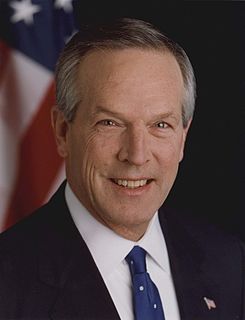A Quote by Nancy Gibbs
In sub-Saharan Africa, fewer than 1 in 5 girls make it to secondary school.
Quote Topics
Related Quotes
Right after undergrad, I started doing low-level work on health issues in sub-Saharan Africa, and what struck me was the disconnect between how people in New York would speak about some of the issues people were facing. At the time, 2006-ish, there were a number of big media campaigns to raise awareness about HIV in sub-Saharan Africa.
And now South Africa has finally woken up and it is doing great things. And if South Africa becomes the template to what AIDS is in the sub-Saharan continent, then all the other countries are going to follow suit. And Michel Sidibe, who spoke at the breakfast meeting this morning, was saying that there is so much hope for Africa now that South Africa has got its house in order.
I had the honor of meeting a young Pakistani woman named Malala Yousafzai, who was shot and nearly killed just for trying to go to school. I also heard about how nearly 300 girls in Nigeria were kidnapped from their school dorms in the middle of the night. There are girls like this in every corner of the globe. In fact, there are more than 62 million girls worldwide not attending school, and that's an outrage.

































